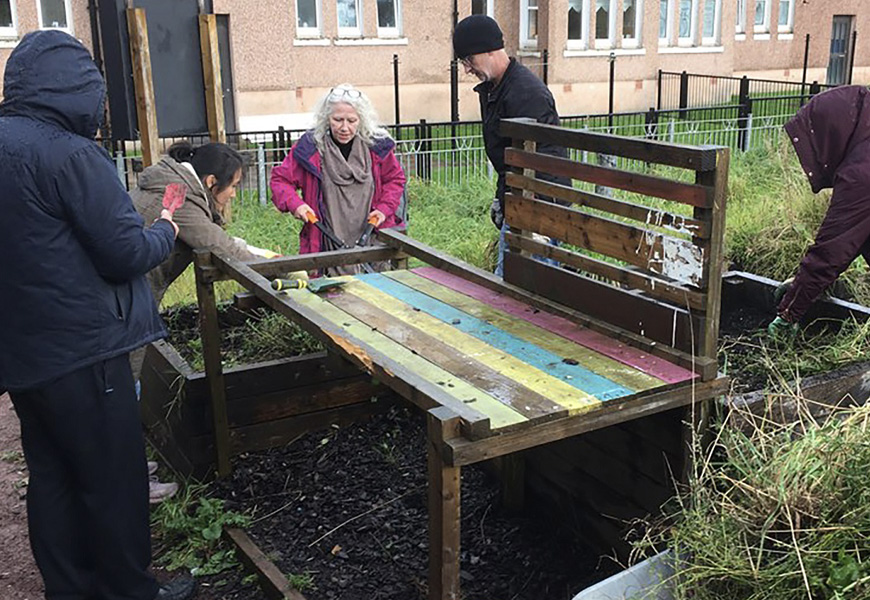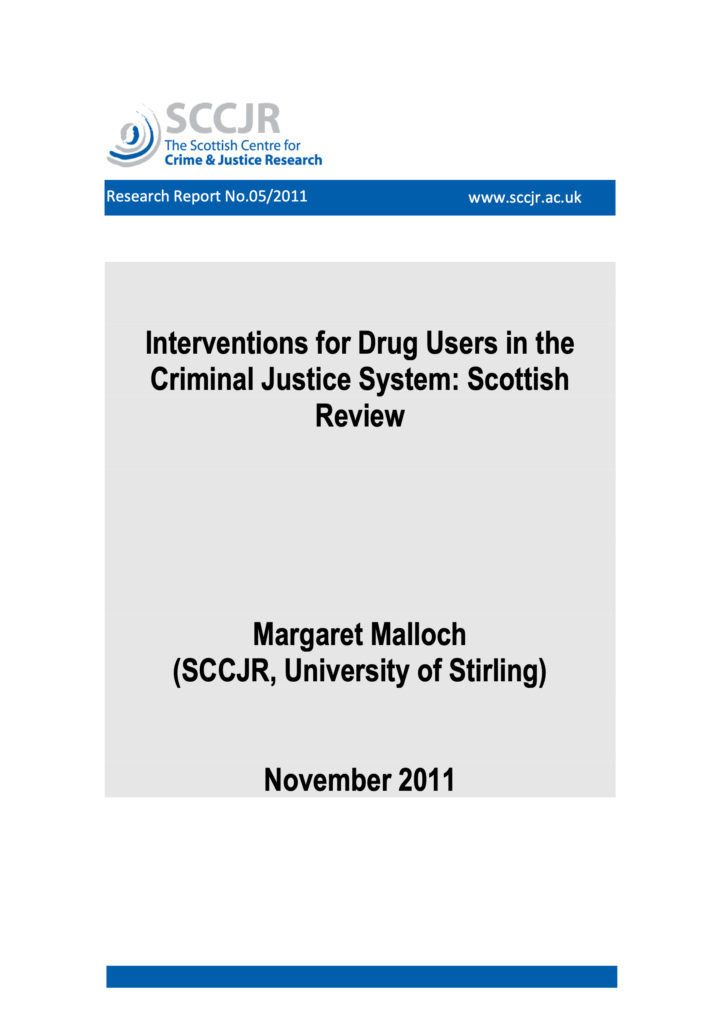
Chief Executive Officer SISCO
The COVID-19 lockdown has brought adversity to our service users, who have also been affected by a lack of funding and political support. Sustainable Interventions Supporting Change Outside (SISCO) has seen the number of service users dramatically, developing the service to ensure vulnerable men and women remained protected, many of whom were in the grips of addiction, suffering from adverse mental health, or imprisoned.
At a community level, SISCO has successfully been able to bridge the gap between prison and the community by offering a service which considers a person’s place within society once they leave prison. SISCO provides pathways to recovery which actively work to challenge social immobility, access to employment and professional development, and perhaps most importantly – SISCO has created a community founded upon the basis of compassion, love, respect, and support.
This community undoubtedly serves to raise and uplift men and women from the confines of stigma and works to instill confidence and self-esteem in those who use SISCO’s services, subsequently, demonstrating to these people the worth that they have, the worth that others see in them, and the worth that should see in themselves.
We have a small team including 4 paid staff and 10 volunteers who currently support 178 men and women between prison and the community. These numbers are only a small reflection of the dedication from the team who work tirelessly to ensure we offer a trauma informed service that is conducive to the needs of our client.
Within the Scottish Prison System, although the way in which we engaged with our clients shifted due to social distancing guidelines, our dedication to support incarcerated men never wavered. Whilst we could not access the clients face to face, we adapted our method to work via email a prisoner where we could send meaningful work back and forward twice weekly.
As CEO, I led on the creation of a prison self-help workbook with 30 pages of useful content. Within the book we had goals worksheets, Cognitive Behaviour Therapy (CBT) examples and scenarios, deep abdominal breathing exercises, yoga workouts and relapse prevention exercises. I spent a number of weeks creating the book which would provide the isolated men and women within the prison system meaningful tools and worksheets to work on during these times of uncertainty and unease.
Specifically, from the period of 2020-2021, In the Community SISCO provided over
- 5803 hours of digital support;
- 1144 hours of support via phone;
- 1107 hours of 1:1 support;
- 3086 hours of COVID-safe outdoor activities; to
- 35 clients supported within the local community.
In the same period, SISCO provided:
- 1032 hours of support via email;
- 624 hours of prisoner support via phone;
- 500 hours of support;
- supporting over 60 prisoners.
If nothing else, these statistics demonstrate how valuable and impactful SISCO’s services are to not only the community, but to imprisoned men too. Despite facing increasingly challenging circumstances, SISCO adapted, overcame, and showed the value of human compassion, support, and allowed these vulnerable men and women to assert their own agency, empower themselves, and rise above the constraints of addiction, trauma, and social prejudice.
For more information about our criteria or how to refer clients contact us via the website:
The main funders of Sisco are The Robertson Trust and The Weir Charitable Trust. There are also monthly donations from Calma Group and invaluable support from a number of other very special partners.

Karen Baxter, Policy Officer, Community Justice commented:
“Community Justice Glasgow’s Community Justice Outcomes Improvement plan provides more detail in relation to drug and alcohol use as being a significant factor in community justice, and work with the Glasgow Alcohol and Drug Partnership. Our key theme, Throughcare, identifies alcohol and drug use as a contributory factor in involvement with community justice as well as Health & Wellbeing – including providing support around drug & alcohol misuse – as a Protective Factor against the risks around re-offending.
The Scottish Prisoner Survey is undertaken every two years by the Scottish Prison Service (SPS), and the 2019 survey noted that:
- 40% of prisoners who completed a questionnaire reported being drunk at the time of their offence (an increase of one percent since 2017 and five percent since 2015).
- 19% reported that drinking affected their ability to hold down a job (similar in the previous two surveys).
- 19% were worried that alcohol would be a problem for them when they get out (similar to 2017 but up from 17% in 2015).
- 33% felt that their drinking affected their relationship with their family (a rise of 1% from 2017).
- 45% of prisoners reported being under the influence of drugs at the time of their offence.
- 39% said they had used illegal drugs at some point while in prison.
- 28% reported using illegal drugs in prison in the month prior to the survey.
Studies, such as ‘Interventions for Drug Users in the Criminal Justice System: Scottish Review’ have estimated that:
- there are 60,000 problem drug users in Scotland;
- the social and economic cost of illicit drug use was just less than £3.5 billion – or £61,000 per problem drug user; and
- the total criminal justice costs of drug misuse in Scotland at over £500m per year.
There is a lack of rehab treatment services and services such as SISCO who provide support that moves people away from drug and alcohol misuse and ultimately offending behaviour are invaluable.”
CLICK ON THE PICTURE LINK TO READ THE REPORT:




